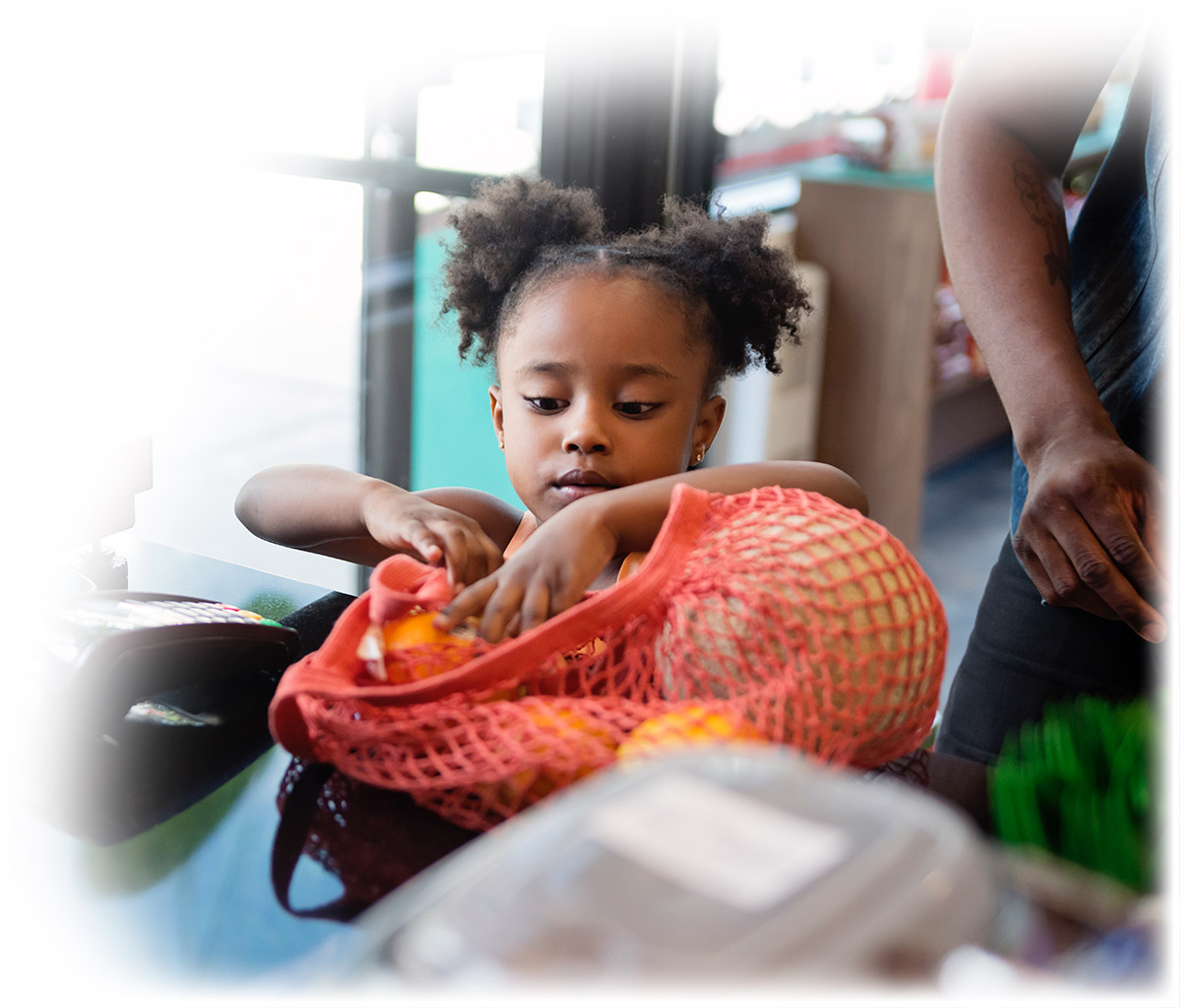
Charla McKinley


hear countless stories from parents who are dismayed when their children start making poor financial decisions after leaving the nest. They think, “I would never spend my money in such a way. Where did they learn that?”
The pressure to consume comes from everywhere in our world. As a young adult on my own for the first time, I learned the hard way how easy it is to give in to that pressure and how long it takes to repair the damage. When my children were born, I was determined to counteract the consumer mindset that they would inevitably face. So, I set about living as an example of frugality and discernment. I even congratulated myself when I took the time to explain to my son the rationale for my decisions: “Yes, this grocery store is closer, but their prices are not as good, so I go a little further in order to make my money go farther.” I thought I was so wise…
I assumed my son wasted his money and didn’t have a strong drive to earn more because he lacked the understanding of how expensive everything is. There is some truth to that. But what really prevented my son from making wise financial decisions was his misguided assumption that he was going to be “rich” one day and that all those lessons on saving money and spending wisely did not apply to him.
The truth is that our good example is not enough to keep our kids out of financial hardship.
Why? Teens are programmed to think they are different from their parents. Your examples of how to save money fall on deaf ears when your teens have the perspective that they will make more money than you or that they will make different (and better!) choices than you. After all, your teens would never spend money on a roof… air conditioner… fuel pump!! What were you thinking, Mom!?!?
Don’t get me wrong, I know our teens will eventually model their lives after their parents. I find myself sounding more and more like my mom every year. But how much damage will your young adults do to their financial health during the time they are going their own way? As parents, we have an opportunity during this season to encourage our teenagers to question the “I’m different” mentality and discover their own values. By doing so, we can help them develop a healthy perspective on money and its role in their lives.
Give your kids perspective by showing them that money comes with limits and obligations—and how to balance those constraints to accomplish their goals. In other words, when you give your children money, it needs to have a designated purpose. Here are some examples:
“Here is the money you can use to buy the clothes you need.”
“You only get presents on your birthday and Christmas; any other toy comes from your allowance.”
In his fishbowl it was easy for my son to look around and draw the conclusion that he was a small fish and lacked somehow. We must get our kids out of their comfortable fishbowl to have an accurate view of the real world. To broaden their perspective, we need to expose them to a bigger pond through classes, volunteer opportunities, travel, and churches that look different than our own. Seeing the world from a broader lens helps our children see that, compared to most, they actually have plenty.

To prevent this, consider taking action now by providing your children with hands-on experience managing money and exposing them to a wider range of financial perspectives. By doing so, you can help them develop a healthy perspective on money and equip them with the tools they need for financial independence.

I am passionate about giving parents the tools they need to prepare their teens for financial independence. I firmly believe that in order to prepare teens for the road ahead they must be given the opportunity to practice making good (and not so good) choices using real dollars before they get out into the world and have real regrets. While homeschooling my two children, I was inspired to write an interactive personal finance curriculum that opens the student’s eyes to the high costs of being an adult.

